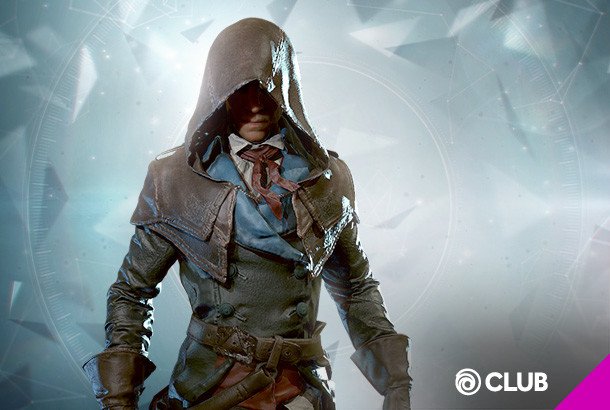

Altaïr’s involvement in the Crusades, or Arno’s injection into the French Revolution, are no more or less disruptive it just feels that way because many of us know U.S.

Connor’s insertion in the major events of the American Revolution feel especially incongruous to the American gamer, as these historical moments (like Paul Revere’s ride, and the Boston Tea Party) are so ingrained in the mythology we grew up with. By comparison, Connor’s reserved demeanor and America’s humble wooden churches felt like a drastic (and for some, unwanted) departure. Connor’s adventure came on the heels of the stellar trilogy of Ezio games, and the magnificent architecture and grandeur of a setting in Europe and the Middle East. The game also had a rough row to hoe from the start conceptually, and I think at least some of the hate thrown at the game comes from expectations that were never realized.

Significant technical bugs that were subsequently patched hampered the fun for early players as well, coloring our mutual memory of the game’s quality. And the “full sync” optional objectives are often frustrating. New features, like wilderness traversal, ship combat, and new hand-to-hand melee options can all sometimes feel unwieldy. The famously drawn-out tutorials of the series are particularly troubling here, with long stretches of the early hours of play relegated to introducing concepts, creating significant pacing issues. The resulting final product has a number of issues, and those problems are more noticeable in light of the passage of years and the evolution of design. I’ll be the first to acknowledge that some of those choices didn’t pan out. By virtually any measure, Assassin’s Creed III is a massive and ambitious game that took all kinds of chances. With respect to divergent opinions, I think that sort of outright dismissal is overly simplistic. How did Assassin’s Creed III gain its negative reputation? The flippant internet commenter will immediately shout “Because it sucks!,” and refuse to reconsider their assumption. Not without missteps, Assassin’s Creed III is nonetheless a game that deserves a second look these many years later. I believe it’s one of the most consequential entries in the long-running series. This was a project rich in ambition, bravely trying out an array of new gameplay and systems and setting the stage for the franchise’s future. But I’ve always really loved the game, from an original glowing review, to my current replay of the new remaster, which just released today. I’m a firm believer in the subjectivity of gaming experiences, and it’s clear Assassin’s Creed III simply didn’t hit the mark for many players. Assassin’s Creed III has always carried a dubious reputation with fans, and for many it’s an easy target for derision.


 0 kommentar(er)
0 kommentar(er)
